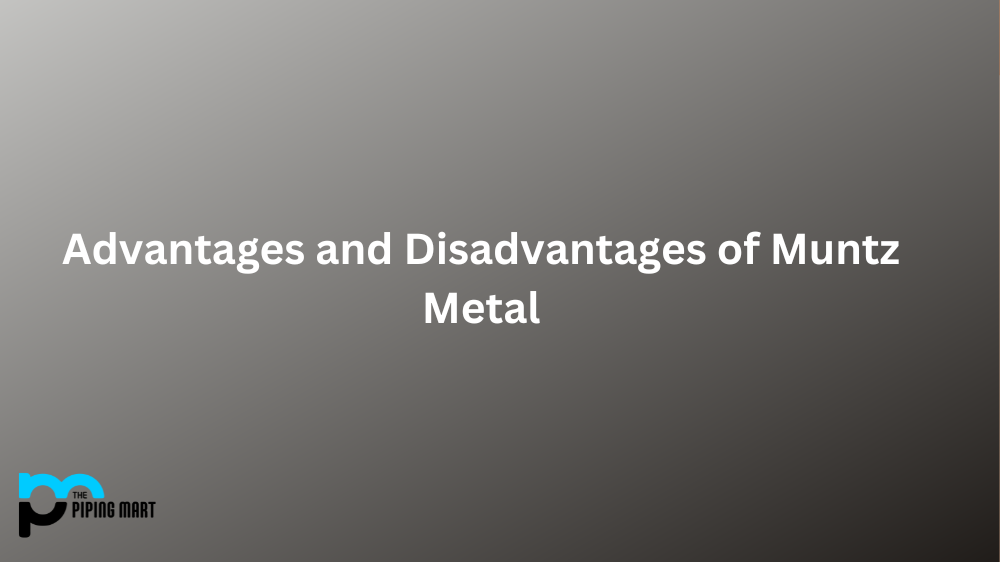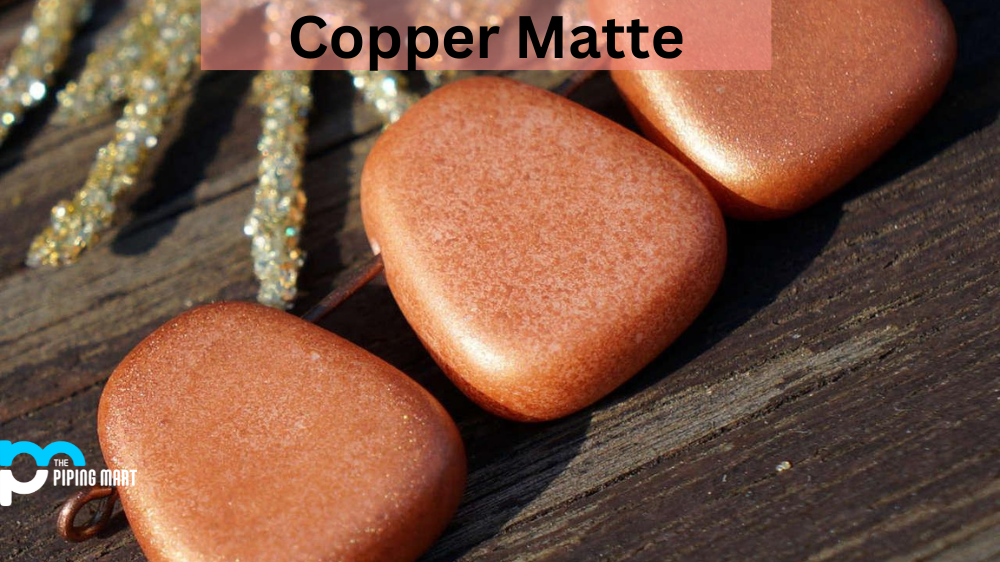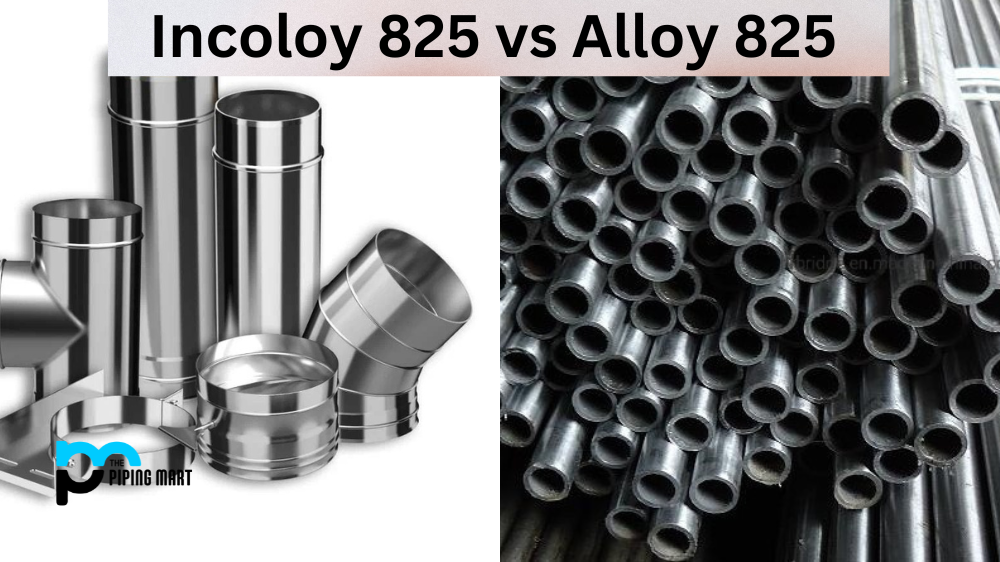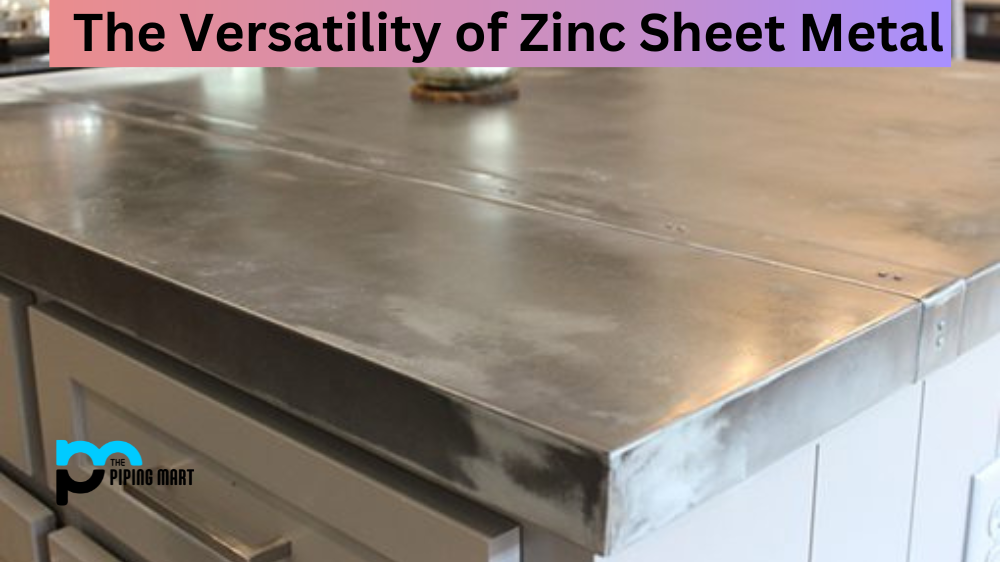Muntz metal, also known as naval brass, is an alloy of copper and zinc primarily used in saltwater and marine applications. It is highly resistant to corrosion, making it an ideal choice for various uses. Read on to learn more about the advantages and disadvantages of using muntz metal.
8 Advantages of Muntz Metal
Muntz metal has many advantages, making it a popular choice for saltwater environments:
- Muntz metal is highly resistant to corrosion due to its composition of copper and zinc. This makes it well-suited for marine applications where other metals may be prone to rusting or corroding due to the saltwater environment.
- Muntz metal is cost-effective compared to other metals in similar applications, such as stainless steel or aluminum.
- Muntz metal is easy to machine, meaning complex components can be easily made with the right equipment.
- Muntz metal is an alloy of 60% copper and 40% zinc invented in 1832 by George Frederick Muntz
- The addition of zinc to copper increases the strength and hardness of the metal while also making it more resistant to corrosion.
- Muntz metal is often used in marine applications due to its resistance to salt water corrosion.
- Metal is also used in constructing bridges and other structures where strength and durability are essential.
- Muntz metal is less expensive than brass, another standard alloy of copper and zinc, making it a more cost-effective option for many applications.
5 Disadvantages of Muntz Metal
While muntz metal has many benefits, there are some drawbacks associated with its use. The most notable disadvantage of muntz metal is its low strength compared to other metals such as stainless steel or aluminum. As such, it may not be suitable for applications with high levels of strength, such as structural components or components subject to heavy loads or shock loading. Additionally, muntz metal cannot be welded using traditional methods due to the risk of embrittlement from heat exposure; instead, welding must be done using specialized techniques such as soldering or brazing. Finally, Muntz metal is susceptible to pitting if exposed to water-containing chemicals over an extended period; this can weaken the material and ultimately lead to failure if not addressed promptly.
- Muntz metal is an alloy of copper and zinc used in various applications, including marine hardware, electrical components, and architectural details.
- While Muntz metal has many benefits, some disadvantages are also associated with it.
- One of the primary disadvantages of Muntz metal is its high cost. Muntz metal is more expensive than copper and zinc, making it one of the most expensive metals on the market.
- Muntz metal is also susceptible to corrosion. The zinc in Muntz metal can corrode in salt water, making it unsuitable for marine applications. Additionally, the copper in Muntz metal can corrode in acidic environments, making it unsuitable for use in specific industrial applications.
- Finally, Muntz metal is less strong than other metals, such as steel. This makes it less suitable for applications where strength is required.
Conclusion:
In conclusion, muntz metal is a versatile alloy composed of copper and zinc that offers excellent resistance against corrosion in saltwater environments while being cost-effective compared to other metals used in similar applications. However, it has some drawbacks, such as low strength and difficulty welding, that must be considered before choosing it for any application. Ultimately, whether you choose muntz metal will depend on your specific needs and requirements for your project, so carefully weigh all factors before making a decision!\
Meet Heer, a dynamic and driven writer learning tricks of her trade in the metal industry. With a background in Digital Marketing, Heer brings a unique perspective to her writing, sharing valuable insights. Apart from blogging she like reading and hiking.




